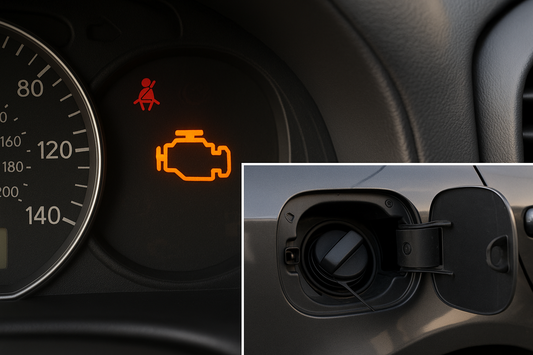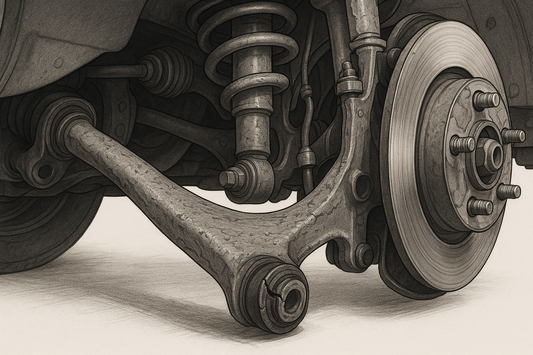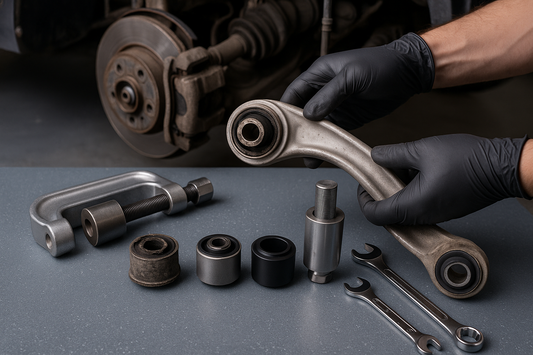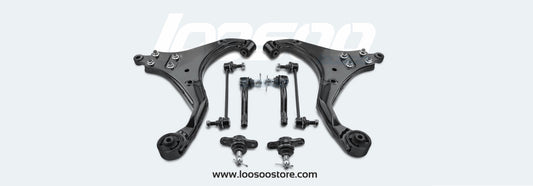BMW is renowned for its performance, luxury, and engineering excellence. One critical component that contributes significantly to the driving experience is the shock absorber. Understanding the lifespan of BMW shock absorbers can help maintain the vehicle's performance and ensure a smooth, safe ride. This guide explores how long BMW shock absorbers typically last, factors that affect their longevity, signs of wear, and maintenance tips.
Typical Lifespan of BMW Shock Absorbers
BMW shock absorbers generally last between 50,000 to 80000 miles. However, this range can vary based on several factors, including driving conditions, driving habits, and maintenance practices.
Factors Affecting the Lifespan
Driving Conditions:
Smooth Roads: Shock absorbers tend to last longer when driving predominantly on smooth roads.
Rough Roads: Frequent driving on rough or unpaved roads can significantly reduce the lifespan due to increased stress and impact.
Driving Habits:
Aggressive Driving: Sudden braking, rapid acceleration, and high-speed cornering put more strain on shock absorbers.
Moderate Driving: Smooth, steady driving with gradual braking and acceleration can extend their lifespan.
Vehicle Load:
Heavy Loads: Frequently carrying heavy loads or towing can wear out shock absorbers faster.
Light Loads: Normal passenger and cargo loads cause less wear and tear.
Maintenance Practices:
Regular Inspections: Periodic checks for leaks, damage, and performance can catch issues early and prolong shock absorber life.
Timely Replacement: Replacing worn-out components in the suspension system can prevent additional stress on shock absorbers.

Signs That BMW Shock Absorbers Need Replacement
Decreased Ride Comfort
A noticeable decrease in ride quality, with the vehicle feeling bouncy or unstable.
Uneven Tire Wear
Abnormal tire wear patterns can indicate that the shock absorbers are not effectively controlling the suspension.
Leaking Fluid
Visible leaks from the shock absorbers are a clear sign they need to be replaced.
Longer Braking Distance
Worn shock absorbers can increase the braking distance, as they affect the vehicle's ability to stay grounded.
Nose Diving and Rear Squatting
The vehicle may dive forward when braking or squat down in the rear during acceleration.
Excessive Body Roll
Increased body roll when cornering indicates reduced damping efficiency.

Maintenance Tips for BMW Shock Absorbers
Regular Inspections: Have your shock absorbers inspected during routine maintenance. Look for signs of wear, leaks, and damage.
Monitor Tire Condition: Check for uneven tire wear and ensure proper tire inflation to reduce stress on the suspension system.
Avoid Overloading: Stick to the recommended load capacity of your BMW to prevent excessive strain on the shock absorbers.
Drive Smoothly: Adopt smooth driving habits to minimize stress on the suspension system.
Replace in Pairs: When replacing shock absorbers, always replace them in pairs (both front or both rear) to maintain balanced handling and performance.
The lifespan of BMW shock absorbers typically ranges from 50,000 to 80,000 miles, but this can vary based.










